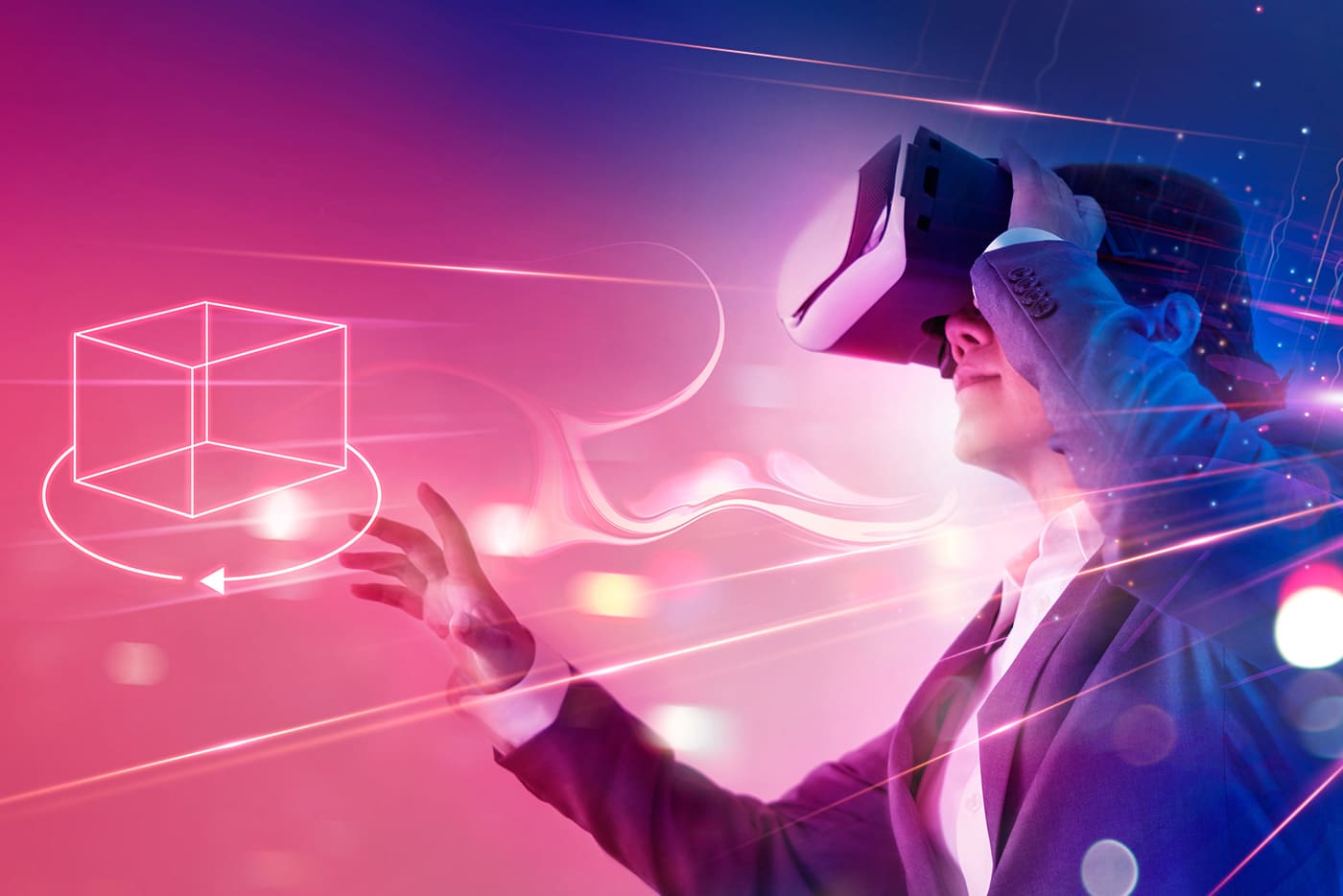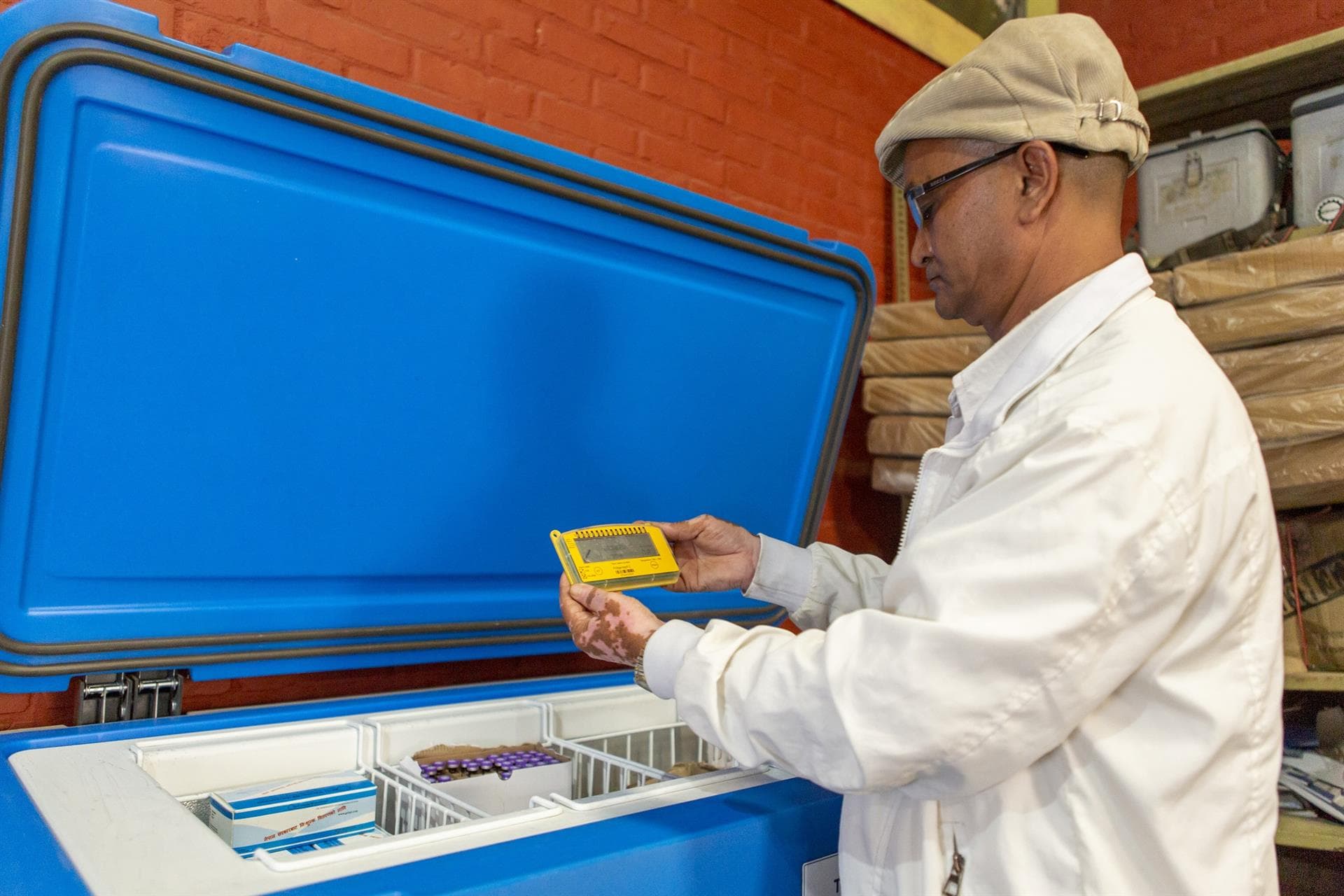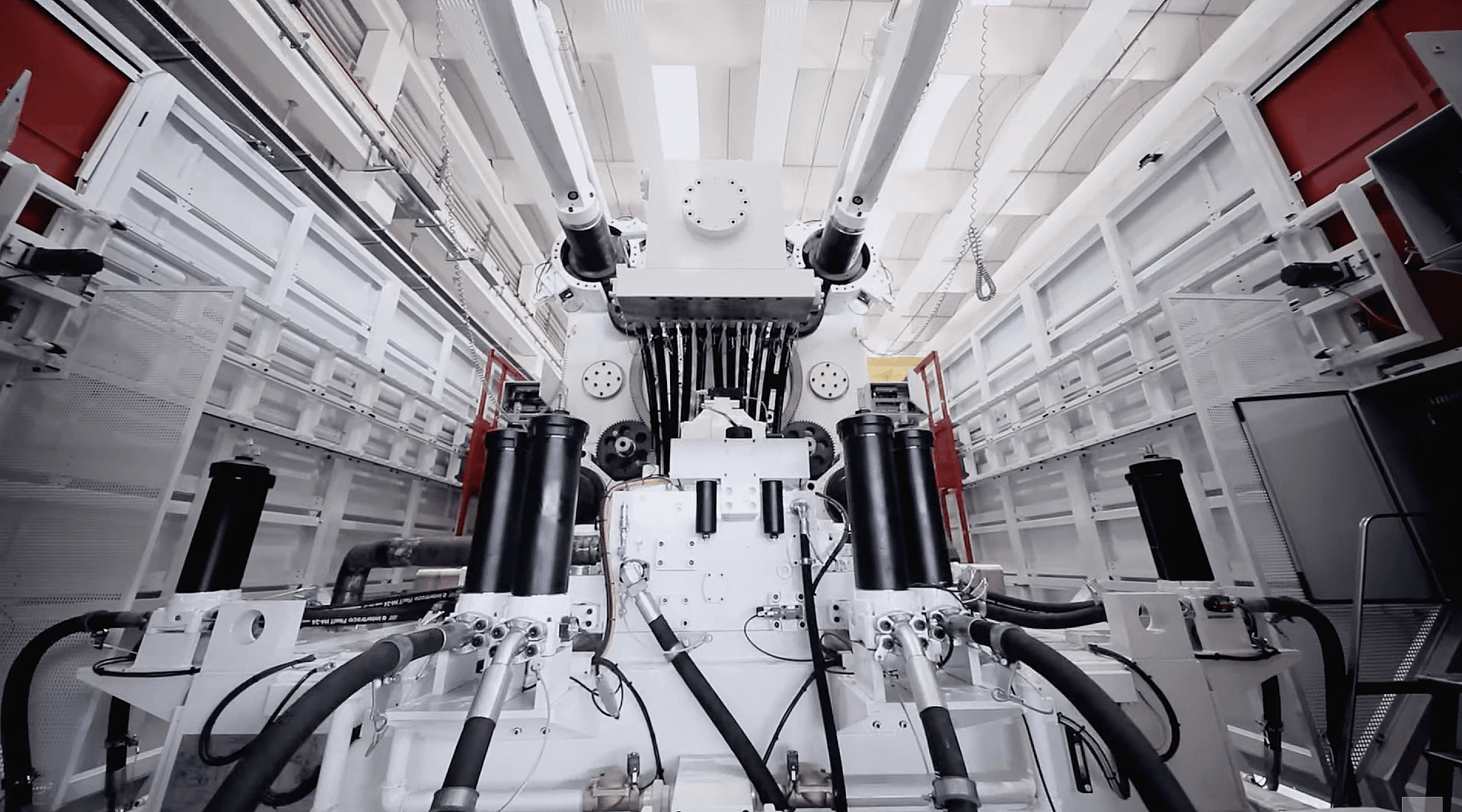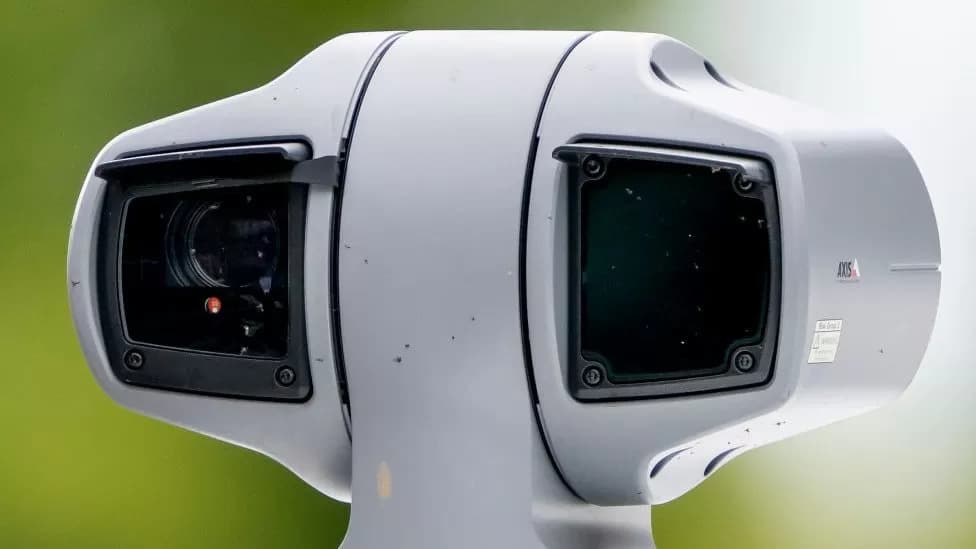

The metaverse is described as the inevitable evolution of the internet. But what exactly is the metaverse, and what will it become? Learn what businesses need to know now.
Imagine a virtual world where billions of people live, work, shop, learn and interact with each other -- all from the comfort of their couches in the physical world.
In this world, the computer screens we use today to connect to a worldwide web of information have become portals to a 3D virtual realm that's palpable -- like real life, only bigger and better. Digital facsimiles of ourselves, or avatars, move freely from one experience to another, taking our identities and our money with us

"Metaverse" became a household word when Facebook rebranded its corporate identity to Meta in October 2021 and announced plans to invest at least $10 billion in the concept that year. In addition to Meta, tech giants including Google, Microsoft, Nvidia and Qualcomm are also investing billions of dollars in the concept. Management consultancy McKinsey & Company has bullishly predicted that the metaverse economy could reach $5 trillion by 2030. E-commerce is expected to be the dominant engine, with gaming, entertainment, education and marketing in the metaverse also becoming important sectors.
Today, companies use the term to refer to many different types of enhanced online environments. These range from online video games like Fortnite to fledgling virtual workplaces like Microsoft's Mesh or Meta's Horizon Workrooms to virtual dressing rooms and virtual operating rooms. Rather than a single shared virtual space, the current version of the metaverse is shaping up as a multiverse: a multitude of metaverses with limited interoperability as companies jockey for position.
The combination of uncritical enthusiasm for the metaverse and deep uncertainty about how it will pan out has sparked some backlash. Industry watchers have questioned if the metaverse will ultimately be much different from the digital experiences we have today -- or, if it is, whether the masses will be willing to spend hours a day in a headset navigating digital space.
Other futurists, however, argue that while it is early days for the metaverse and fundamental technical barriers still exist, the metaverse will happen. And, it will arrive with a big bang.























